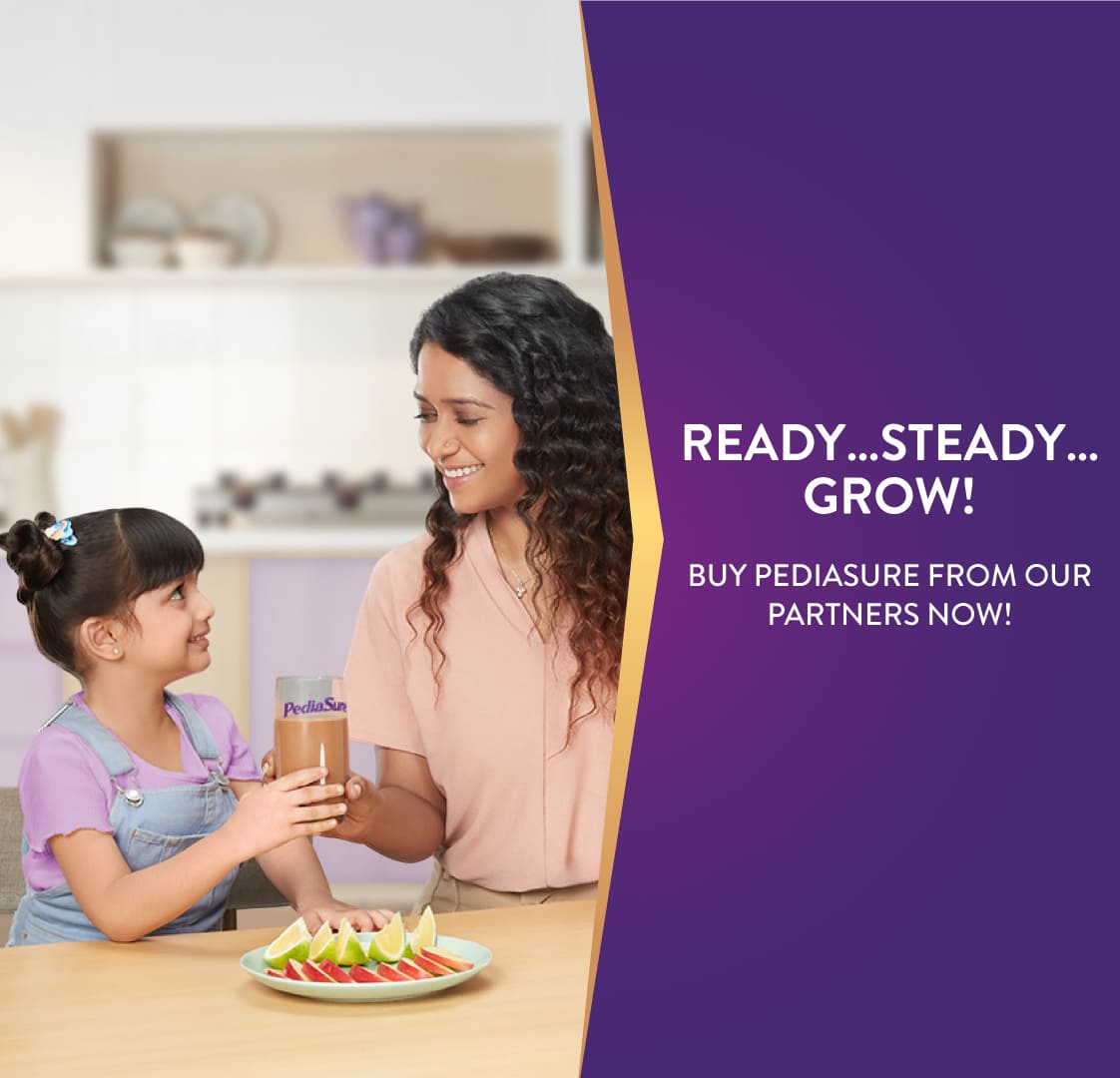Stage One: Fun with Contractions
At first, contractions are short and mild, occurring at five to ten minute intervals. During this time, you probably are free to be in any position you want, or to move around. When the contractions come three to five minutes apart and are more intense, lasting 40 to 50 seconds, you are in active labour1.
During this stage, your uterus contracts to push the opening of the cervix wider and wider. When you arrive at the hospital, the nurses will examine your cervix to see how much it has opened, or dilated, and thinned (called effacement). Your temperature, pulse, respiration, blood pressure, heart rate, position, and the condition of your baby will be monitored.
The time between your contractions continues to shorten to about two minutes; at this point contractions are more intense and last about a minute. The completion of this stage of labour comes when your cervix is fully dilated (about 10 centimeters or four inches). You are now ready for delivering baby.
Stage Two: Delivering Baby
This stage may last up to two hours or more and ends with the birth of your baby. Find a position for pushing that is comfortable and push only when asked.
When your baby’s head appears, or crowns, a doctor may make an episiotomy (or an incision to enlarge the vaginal opening) if needed. The benefit of an episiotomy is that it can eliminate tearing and is much easier to repair.2 Then, as you pant or blow to prevent further pushing, your baby’s head is gradually delivered. You may be able to watch the birth in a mirror. Next, your baby’s shoulders appear, and then the rest of the body.
Stage Three: Meet Baby
This short stage ends when the placenta and the membranes that held your baby are pushed out by contraction. The hospital staff will clean you and provide fresh bedding.
Immediately after your baby is born, the hospital staff will clear your baby’s nose and throat of mucus or fluid, if necessary, and then clamp and cut the umbilical cord. Your baby is quickly dried off, wrapped in a blanket to keep warm and may be placed on your stomach so you can enjoy the moment.
Disclaimer: Tips and suggestions mentioned in the article are for general information purposes only and should not be construed as professional medical advice. Please consult your doctor or a nutrition advisor for any specific health and wellness concerns or questions.







Stay Connected